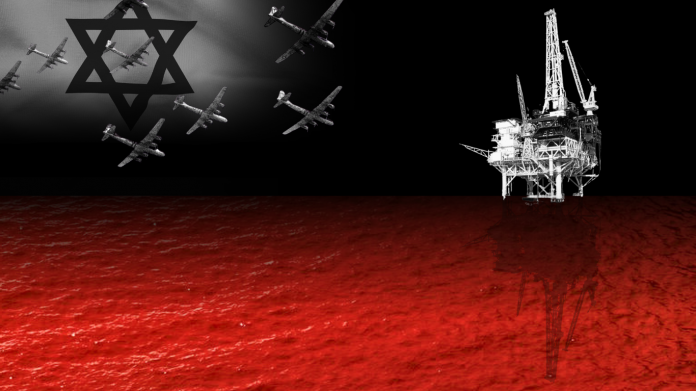To what extent is the ongoing conflict between Israel and the Gaza Strip intertwined with the region’s oil and gas resources? Since the year 2000, upon the discovery of gas fields in Gaza, the Israeli government has obstructed the Palestinian people and their representatives from harnessing the advantages of their natural resources. Let’s look at the facts.
The awareness and potential of Gaza’s gas fields have been prevalent since their initial discovery in 2000. Former Palestinian Authority President Yasser Arafat esteemed them as a divine gift. Nevertheless, Gaza has remained unable to profit from its natural gas fields, notably identified as the Gaza Marine.
In recent years, discussions have persisted among Israeli stakeholders, Egyptian firms, and the Palestinian Authority regarding the utilization of gas resources off the coast of the Gaza Strip and the method of tapping into this substantial wealth. However, somewhat obscured from public knowledge is the reality that during Israel’s initiation of conflict with Gaza in 2008, extending into 2009, Israel exploited that period to essentially seize control of the Gaza Marine, preventing its development by the Palestinian people. This occurred despite the fact that it fell under the jurisdiction of the Palestine Liberation Organization (PLO) as stipulated in the Oslo Accords, thereby securing its status as an exclusive Palestinian economic zone.
In recent historical context, Hezbollah, the armed faction safeguarding Lebanese territory, resorted to threatening war with Israel and targeting its gas fields unless Israel ceded rights to the segments of these fields situated in Lebanese territorial waters to the Lebanese government. Succumbing to Hezbollah’s pressure, the Israeli government reluctantly relented and signed an agreement permitting the Lebanese populace to exploit their natural resources peacefully. Notably, throughout this crisis, the rights of Gazans over their gas fields were never disputed.
Following Hezbollah and Lebanon’s success in reclaiming sovereignty over their natural resources, Hamas initiated a similar endeavor. It issued a warning to Israel, asserting retaliation if Israel attempted to appropriate Gaza’s resources. Subsequently, substantial negotiations between the Palestinian Authority, Egypt, and Hamas ensued, culminating in Hamas’s consent last June to allow the development of the Gaza Marine contingent upon receiving a share of the gas field revenue.
After the October 7 Hamas attack, Israel found itself compelled to close down its primary gas field, the Tamar Field, which constitutes the majority of its gas production. Grappling with the economic ramifications of this closure, Israel opted to issue new licenses to diverse energy companies to fortify its position and reassure oil companies about the economic potential of developing Israeli gas.
Since 2000, Israel has obstructed the Palestinian people from benefiting from their gas fields, which, by international law and the agreements endorsed by Israel, rightfully belong to the Palestinian population. Presently, the sole impediment for Israel is Hamas. Eliminating Hamas would ostensibly enable Israel to exert unchallenged control over Gaza’s gas resources.
Robert Inlakesh is a political analyst, journalist and documentary filmmaker currently based in London, UK. He has reported from and lived in the occupied Palestinian territories and hosts the show ‘Palestine Files’. Director of ‘Steal of the Century: Trump’s Palestine-Israel Catastrophe’. Follow him on Twitter @falasteen47
The post Israel’s Decades Old Plan to Exploit Gaza the Gas Fields of Gaza appeared first on MintPress News.
